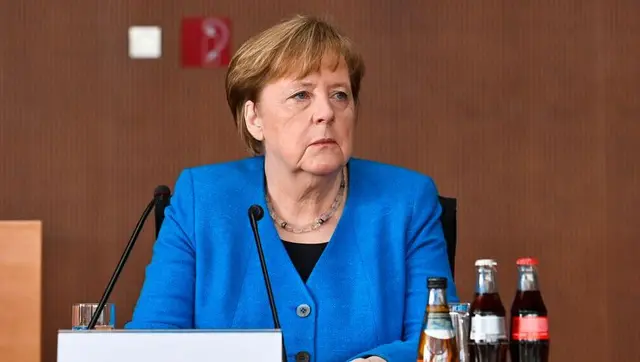Vice President Joe Biden on Saturday talked with Hungarian and Czech leaders over phone to build support for slapping new sanctions on Russia amid escalating tensions in eastern Ukraine.
In a phone talk, Biden and Hungarian Prime Minister Viktor "discussed the situation in Ukraine and agreed that Russia would face further costs for supporting the actions of armed separatists in Ukraine, in direct contravention of the April 17 Geneva Joint Statement," the White House said in a statement.
It referred to the accord signed in Geneva last week by Ukraine, Russia, the United States and the European Union, which agreed to let a mission from the Organization for Security and Cooperation in Europe (OSCE) oversee the disarmament of militants and evacuation of occupied facilities in eastern Ukraine.
Biden said the United States and its allies "should be prepared to impose sanctions on individuals and entities operating in certain sectors of the Russian economy if Moscow further intervenes militarily in Ukraine," it said.
In a separate phone conversation, Biden and Czech Prime Minister Bohuslav Sobotka agreed that the Ukrainian government had taken significant steps to implement the April 17 Geneva Joint Statement.
The two leaders, however, said Russia had failed to fulfill any of the commitments it made in Geneva, agreeing that Moscow "would face further costs for its destabilizing actions in Ukraine and massing of troops along the Russian-Ukrainian border."
Biden's calls with the Hungarian and Czech leaders came amid heightened tensions in eastern Ukraine, where armed pro-Russian militants refused to leave the government buildings they recently seized in several cities.
Tension escalated Friday after pro-Russian fighters detained a group of OSCE observers and Ukrainian army officers, some of whom they accused of being NATO spies.
In a joint statement issued Friday night, the leaders of the Group of Seven industrialized nations said they agreed to impose more sanctions on Russia over its "inaction" in easing the tension in eastern Ukraine.
Russia denies being responsible for the crisis in eastern Ukraine. Its foreign ministry said it was working to resolve the observer crisis, which it blamed on Kiev for failing to ensure the mission's safety in "areas where the authorities do not control the situation and where a military operation against residents of their own country has been unleashed."
 简体中文
简体中文

